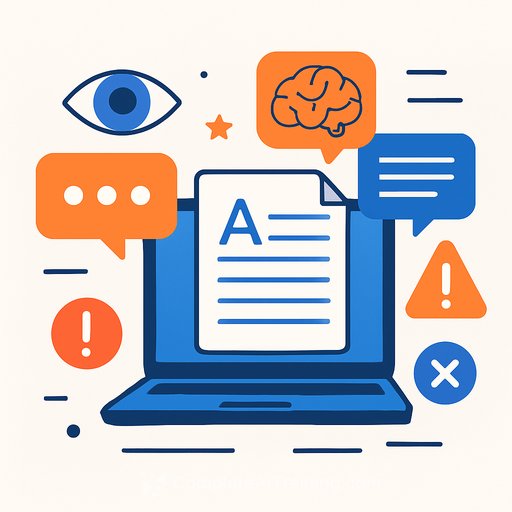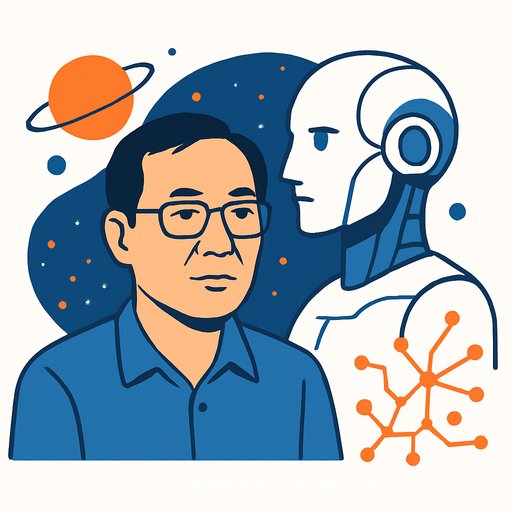Enhancing Academic Writing Skills: Ethical AI Use Takes Center Stage at ITS Guest Lecture
The Department of Information Technology at Institut Teknologi Sepuluh Nopember (ITS) held a guest lecture to sharpen scientific writing skills for the digital era. The session took place on Friday, September 12, 2025, at the ITS Library Seminar Room.
Guest speaker Eva Mursidah, S.I.PUST., delivered core material under two themes: "E-Resource Class" and "The Use of AI for Ethical Academic Writing." The course lecturer, Dr. Ir. Henning Titi Ciptaningtyas, S.Kom, M.Kom., led and oversaw the event.
Why this matters for writers
Generative AI can speed up ideation, editing, and grammar checks. But it does not replace judgment, voice, or originality. Writers who treat AI as an assistant-rather than a ghostwriter-produce stronger, credible work.
Key takeaways you can apply today
- Use AI for brainstorming, outlining, and clarity edits; keep the core argument and narrative decisions human-led.
- Verify every fact. AI can invent details. Cross-check with primary sources and trusted databases.
- Avoid plagiarism: cite sources, quote when needed, and don't pass AI-generated text as your own original ideas.
- Disclose AI assistance if your institution, client, or publication requires it; follow their style and policy.
- Protect data: don't feed confidential material into public models; strip identifiers and sensitive context.
- Run originality checks and maintain a changelog of edits to show your process if questioned.
- Use reference managers and consistent citation styles to reduce errors and save time.
E-Resource essentials for stronger drafts
The lecture emphasized systematic research using library databases and digital repositories. Students learned search strategies, source evaluation, and how to build a reliable reference trail that supports clear, defensible arguments.
Ethics at the core
Eva Mursidah highlighted the practical line between assistance and substitution. AI can help refine prose and structure, but the ideas, logic, and synthesis must come from the writer. The group discussion focused on academic integrity, proper attribution, and responsible tool use.
On-site highlight
A group photo closed the session with guest speaker Eva Mursidah, S.I.PUST., the course lecturer, Dr. Ir. Henning Titi Ciptaningtyas, S.Kom, M.Kom., and student participants-marking a clear push for ethical, high-quality work in academic writing.
Contribution to broader goals
This initiative supports SDG 4: Quality Education and helps students build skills that raise the standard of academic output. It also contributes to SDG 9: Industry, Innovation, and Infrastructure by promoting responsible innovation with AI tools.
- United Nations SDG 4: Quality Education
- United Nations SDG 9: Industry, Innovation, and Infrastructure
Quick checklist for your next draft
- Outline by hand; use AI to stress-test structure and clarity.
- Draft in your voice; use AI for line edits, not idea generation.
- Cite sources as you go; keep notes with links and quotes.
- Fact-check, run an originality scan, and document your process.
- Add an AI-use note if policy requires it.
Further resources for writers
Your membership also unlocks:






